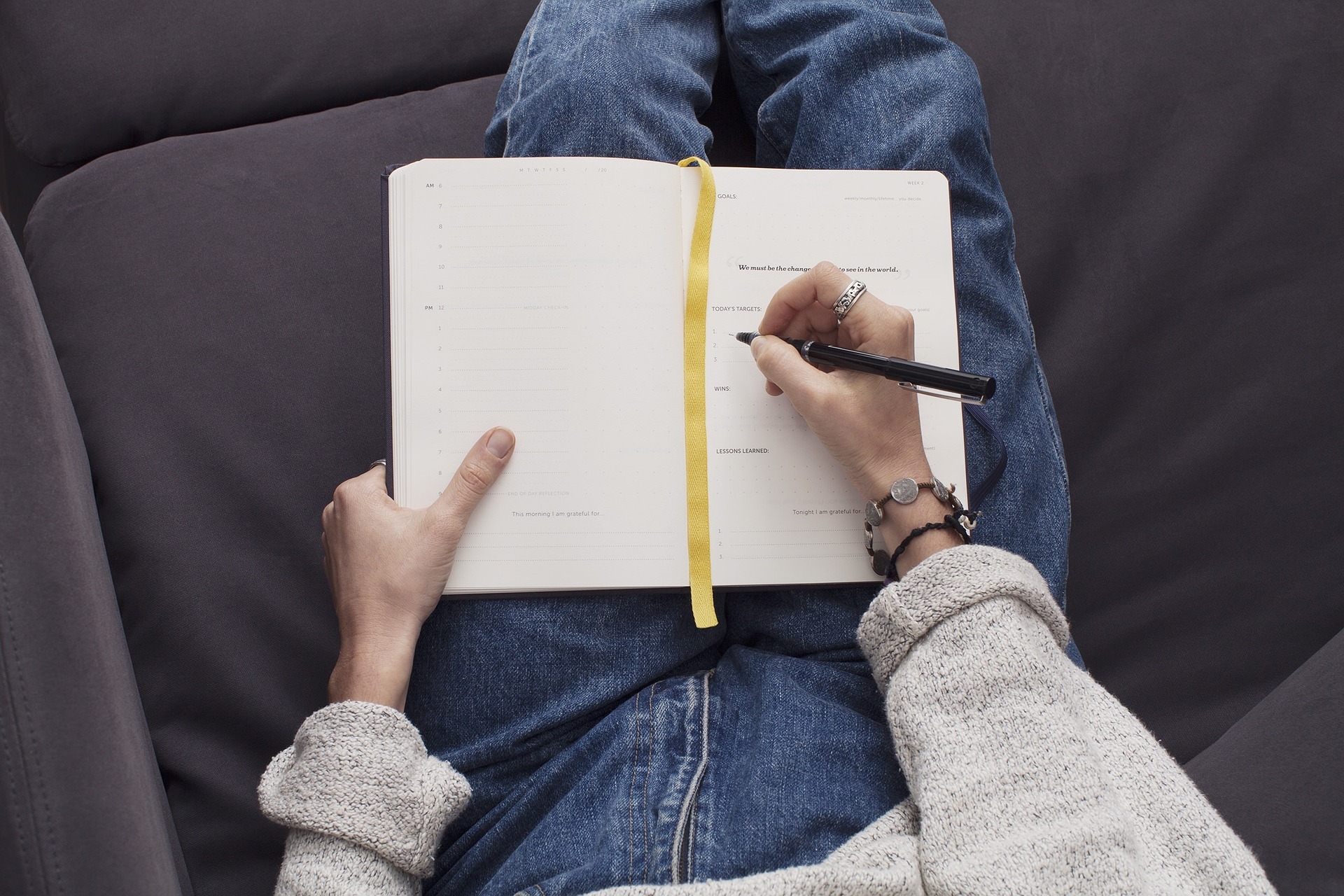Modern life can be challenging, and the last few years have been more stressful than usual. With health concerns, financial pressures, and many societal changes, people can feel ill-equipped to navigate their day. If you or a loved one lives with stress and anxiety, there are coping strategies you can utilize to prevent becoming overwhelmed – both in the moment and long term.
Our body’s natural reaction to stress is anxiety, but we want to ensure that this emotion remains acceptable and doesn’t become unmanageable. What can you do to calm down if your palms start sweating or your heartbeat speeds up?
5 Tips for Coping with Anxiety in the Moment
Suppose your anxiety comes and goes but is beginning to cause you to lose focus or procrastinate on essential tasks. In that case, some natural remedies can quickly alleviate the stress.
1. Talk through your thoughts: Negative thoughts can exaggerate the severity of your situation, but they are also hard to banish once anxiety sets in. One way to cope is to articulate your fear, ask yourself if it is valid and talk through the rationality of your thoughts.
2. Write your thoughts down: When we take thoughts out of our heads and put them on paper, they can seem less overwhelming. Try keeping a diary or journal and documenting your negative thoughts and feelings – and then close the book and leave them there.
3. Concentrate on deep breathing: Deep, meditative breathing is known to alleviate stress and calm your nerves by slowing your heart rate and adrenalin. Try breathing in deeply while counting to four, then breathing out for the same four counts, and continue this for 5 minutes.
4. Experiment with aromatherapy: Whether you prefer essential oils, candles, or incense, natural aromas such as lavender, chamomile, and sandalwood can ease the mind and soothe the spirit. Aromatherapy activates specific receptors in the brain, which may promote serenity.
5. Take yourself for a walk: Sometimes, the best way to ease stress and anxiety is to literally walk away from the situation. Giving yourself a break and focusing on your body’s physical health elevates your mood, calms your thoughts, and eases anxiety. Try toe touches, yoga, or other simple stretches if you cannot go outside.
These relaxation tips are helpful for those individuals who have anxiety attacks infrequently. However, while they may work for people with anxiety disorders to calm down in the moment, those individuals should also identify some long-term strategies to help ease or even prevent serious, life-altering symptoms. Our next blog will discuss some of the best coping strategies for those who struggle with more debilitating anxiety disorders.
One way to mitigate anxiety attacks and learn to cope with adverse feelings is to find a compassionate and empathetic person to speak with. Some people may feel comfortable speaking with a friend or family member, but others may want to find an impartial party. Mental health professionals are an excellent resource to be able to talk through your feelings and learn how to properly assess just how serious a situation is – or is not.
Denise Schonwald is a nationally certified mental health counselor and life coach. While based in Sarasota, she can work with anyone across the country who wants to learn more about gaining control of their feelings and emotions to live a more peaceful life.

